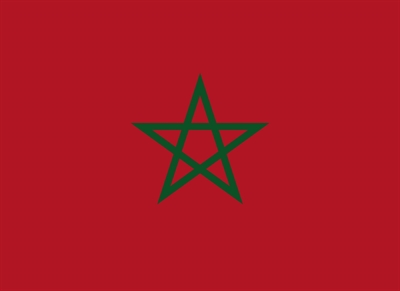Morocco - CEDAW (List of Issues) - Women's Rights - October 2020
Country: Morocco
Type: Intl Mechanism Submission
Issues: International Advocacy, Women's Rights
Mechanism: UN Committee on the Elimination of Discrimination against Women
Report Type: List of Issues
The Advocates for Human Rights, along with Mobilising for Rights Associates (MRA), submitted a Suggested List of Issues on Morocco’s compliance with the Convention on the Elimination of All Forms of Discrimination Against Women for the 79th session of the Committee on the Elimination of All Forms of Discrimination Against Women (Pre-sessional Working Group).
Morocco’s 2011 Constitution allows for opt-out clauses to the conditional guarantee of equal rights between men and women. The Constitution also limits the supremacy of international law in a way that allows for opt-out clauses to declarations on international human rights. Harmful stereotypes about gender roles in the family, women in the workplace, and violence against women persist. Gender-based violence is widespread in Morocco, and a lack of infrastructure, resources, communication, and information prevent public actors from effectively addressing gender-based violence. Law enforcement and the judicial system continue to provide an inadequate response to violence against women, and legislation on violence against women falls short of complying with international standards. Reports of violence against women have increased during the COVID-19 pandemic. Marital rape is not criminalized in the Penal Code, and sexual relations outside of marriage remain illegal. Child marriage continues to be a significant problem in Morocco. Morocco has not abolished polygamy, and women and men have unequal access to divorce and parental rights after divorce. Women experience numerous barriers to reporting sexual harassment, including threats of losing their jobs or physical abuse and a lack of trust in police and the judicial system. Women with disabilities do not receive specialized healthcare, and women in rural areas experience significant obstacles to accessing healthcare, education, and participation in decision-making processes. Moreover, women are under-represented in political positions, civil service positions, and civic participation. Gender gaps in education level and literacy persist. Women face discrimination in employment as well as social and economic barriers to remaining in the workforce.
Suggested Questions to the Government of Morocco:
- What reforms has Morocco made to the Penal Procedure Code to create a clear regulatory framework to effectively address the reporting, investigation, and prosecution phases of VAW cases?
- What concrete services has Morocco put into place for women victims of violence, such as legal assistance, translation and interpretation, safe and stable housing, and adequate and free medical care?
- What steps has Morocco taken to ensure implementation of current gender parity laws for elected positions on national, regional, and local levels?
- What steps has Morocco taken to reduce high illiteracy rates among women?
- How has Morocco provided for mothers to exercise legal guardianship over children on an equal basis with fathers?
- What is the status of proposed amendments to the Family Code that would create a minimum absolute threshold age of marriage of 16 under which no one can marry?




